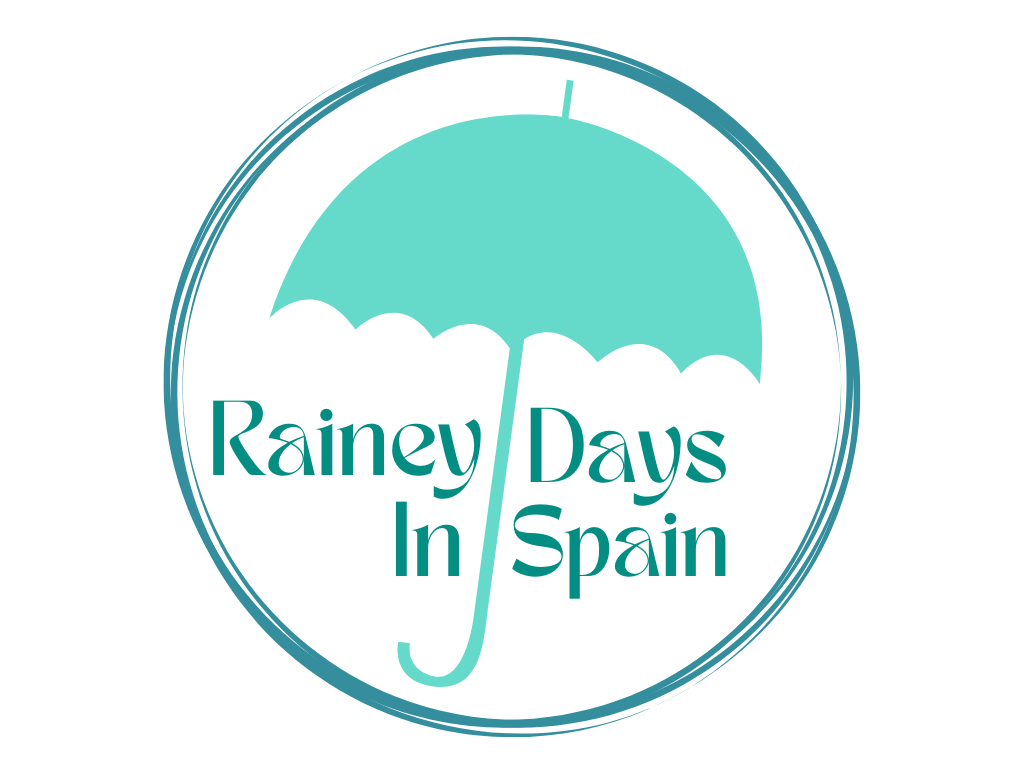The Psalms
Can you imagine what the Bible would be like without the Psalms? I've been reading The Message lately, and I particularly enjoy the unique take on the Psalms. I was thinking recently that the Psalms have probably become my favorite book of the Bible over the last few years. I used to prefer the poetic imagery of Isaiah; then, I found the straightforward exhortation of James to be practical. I typically read Acts at least once a year, the Gospels frequently, and Leviticus--well, only if I have to.
But no other book is like the Psalms. Whole portions of the Bible are narrative, dogmatic, or prophetic, but very little of the Bible is man's own response to God. David and the other psalmists expressed every human emotion openly and authentically to God in music. Anger, bitterness, fear, frustration, desperation, and disappointment--these line up right along with joy, gratitude, forgiveness, comfort, confidence, peace, and praise. If all the rest of the Bible describes God's revelation of Himself to man, the Psalms record man's revelation of his own encounter with God.
If the Bible didn't have the Psalms right in the middle, imagine how limited Christian practice would be.
But no other book is like the Psalms. Whole portions of the Bible are narrative, dogmatic, or prophetic, but very little of the Bible is man's own response to God. David and the other psalmists expressed every human emotion openly and authentically to God in music. Anger, bitterness, fear, frustration, desperation, and disappointment--these line up right along with joy, gratitude, forgiveness, comfort, confidence, peace, and praise. If all the rest of the Bible describes God's revelation of Himself to man, the Psalms record man's revelation of his own encounter with God.
If the Bible didn't have the Psalms right in the middle, imagine how limited Christian practice would be.
